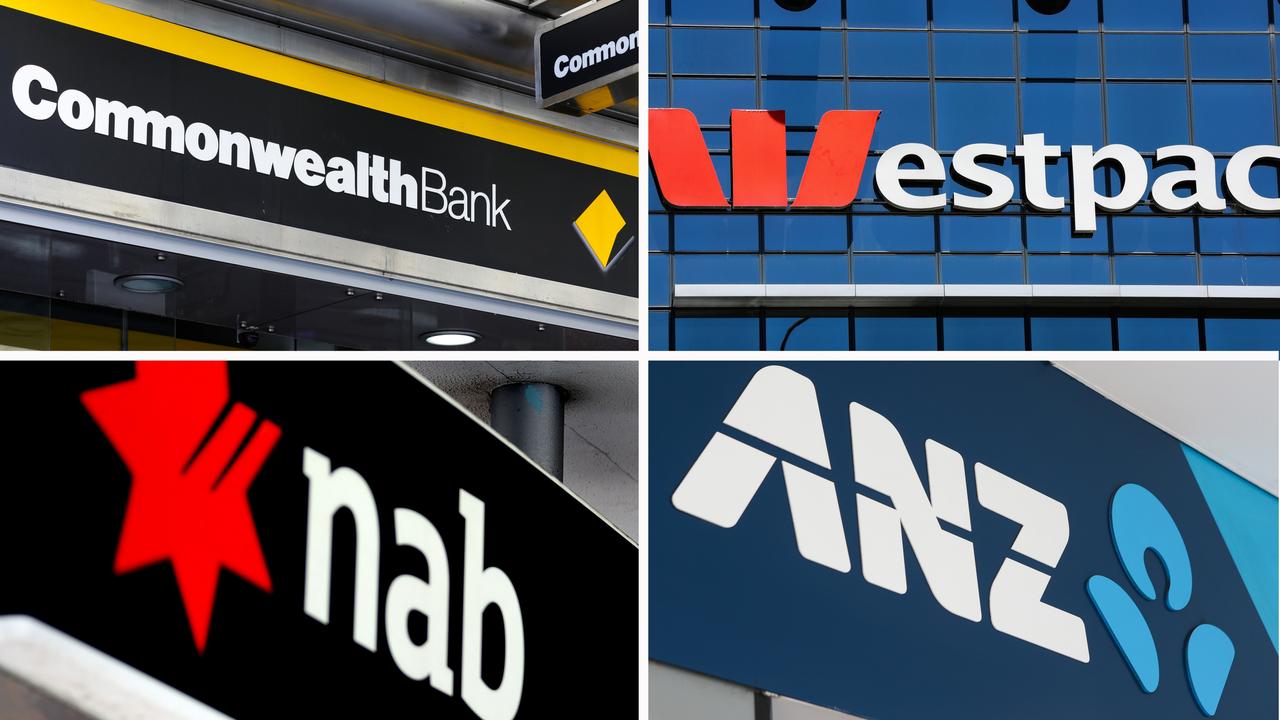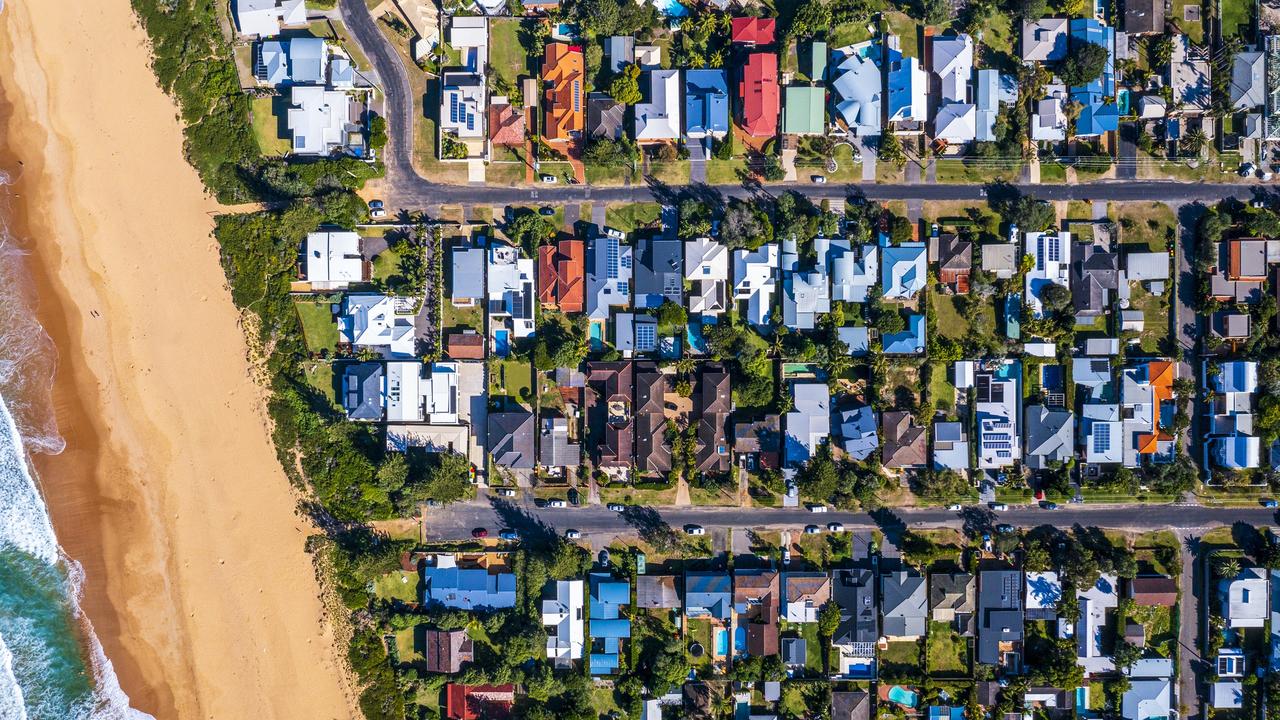Inflation eases in November to near two-year low
In a positive sign for borrowers, inflation continued its broad slowdown in November, easing pressure on a rate hike in February.
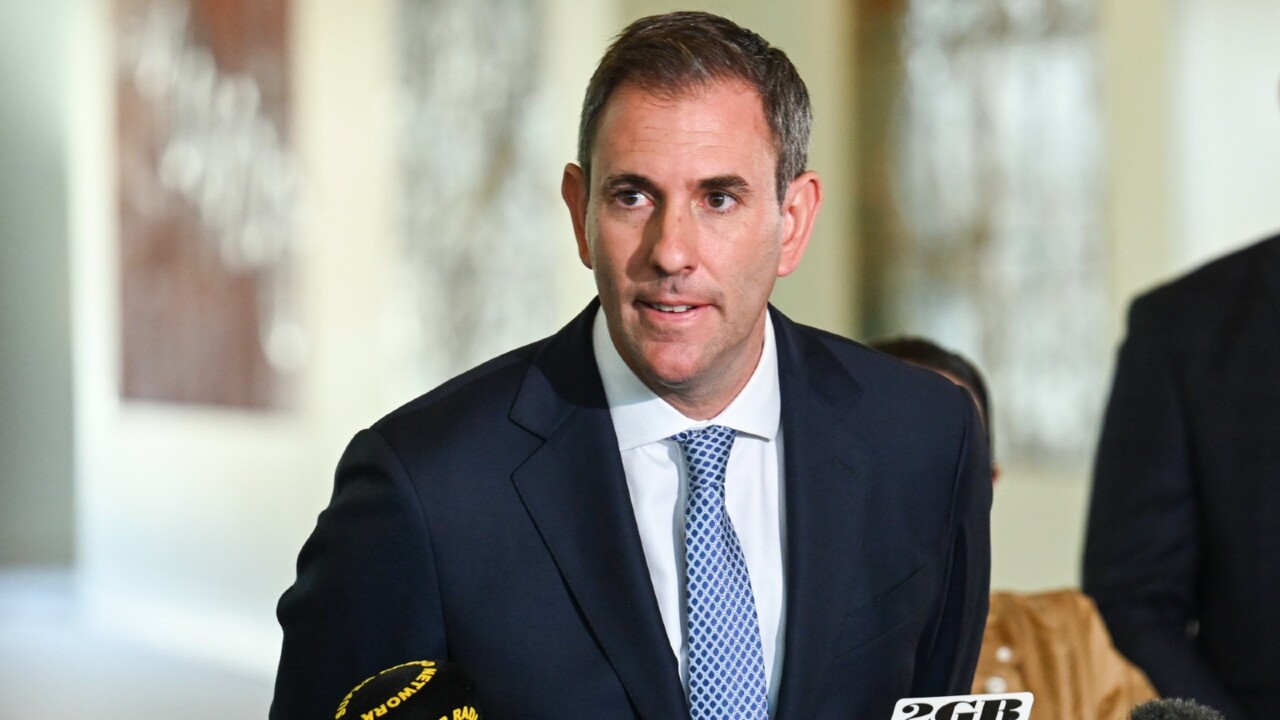
Interest Rates
Don't miss out on the headlines from Interest Rates. Followed categories will be added to My News.
Inflation’s broad slowdown continued in November, likely ending the Reserve Bank’s aggressive run of rate hikes, economists said.
The latest consumer price index figures showed annual inflation slowed to 4.3 per cent in November, down from October’s 4.9 per cent increase, the Australian Bureau of Statistics said on Wednesday.
The headline inflation result, which was the lowest in 22 months, was below economists’ expectations for a 4.4 per cent increase.
Underlying inflationary pressures also fell with measures of consumer price growth excluding volatile items, such as groceries, fuel and holiday travel, also continuing to ease, falling to 4.8 per cent in November, down from 5.1 per cent the month prior.
Consumers saw price pressures for goods including food, non-alcoholic beverages, clothing, footwear and fuel ease.
However, prices in the services sector proved more sticky, as businesses passed higher costs for labour and other inputs through to final prices.
In the 12 months to November, rents rose 7.1 per cent, electricity soared 10.7 per cent, while insurance and financial services jumped by 8.8 per cent.
The benchmark S&P/ASX200, which had been trading about 0.4 per cent lower in early trading, jumped to trade 0.1 per cent lower near midday following the release of the figures.
Outlook for interest rates
Inflation has cooled markedly in the past year, easing from its peak of 8.4 per cent in December 2022, as the RBA continued its aggressive campaign to cool the economy and bring price pressures back to its 2 to 3 per cent target band.
The RBA expects price growth to decelerate to 4.5 per cent by the end of 2023, before falling within the target band by December 2025.
While the fresh figures will factor into the RBA’s next interest rate decision, analysts said the next quarterly inflation reading, due January 31, would give a fuller picture of price pressures across the economy, rather than the more volatile monthly figures.
Economists are increasingly confident that the Australian economy is on track for a ‘soft landing’, that is inflation returning to its pre-pandemic levels without causing a recession.
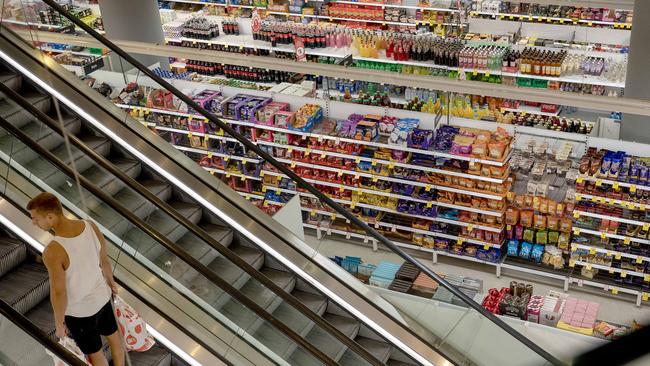
The fresh reading comes ahead of the RBA’s next interest rate decision, scheduled for February 6, its first of 2024, where it is widely expected to keep rates on hold.
ANZ senior economist Catherine Birch said the result pointed to a likely hold by the central bank at its February meeting, with rate cuts to start later in the year.
“The October and November prints make it difficult for the December quarter CPI inflation to exceed the RBA’s forecast of 1 per cent for the quarter,” Ms Birch said.
“Looking ahead, we expect quarterly CPI to be annualising within the RBA’s 2 to 3 to per cent target band in the second half of this year, opening the door for a shallow easing cycle to start in late-2024.”
Money markets are fully priced for an August rate cut, and are implying a follow-up cut in December, taking the cash rate to 3.9 per cent by year’s end.
Despite an easing in price pressures, HSBC chief economist Paul Bloxham said progress remained slow.
“We expect that the RBA will remain concerned that although inflation has fallen well below its peaks, the last leg in this process, of getting it to fall back into its target band, may still prove to be challenging and will take some time,” Mr Bloxham said.
HSBC is pencilling in a hold in February with rate cuts to commence in early 2025.
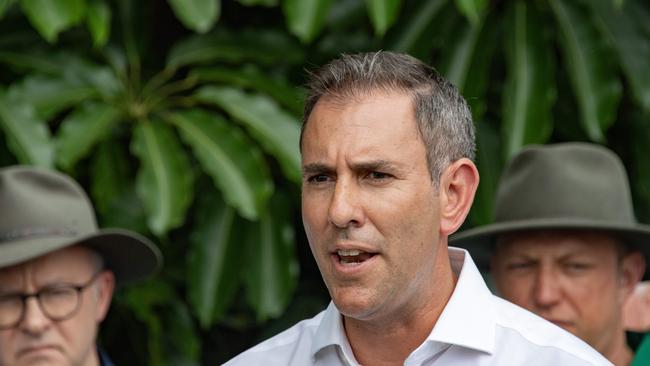
Responding to the data, Treasurer Jim Chalmers said while inflation remained too high, the government’s efforts to reduce cost pressures were paying dividends.
“We are coming at this inflation challenge from every angle – competition, migration, infrastructure, cost of living relief that we are rolling out, budget repair, investments in our economy,” Dr Chalmers told reporters in Cairns.
But his opposition counterpart Angus Taylor said the government had run out of fresh ideas to further ease the strain on household budgets.
“The best [Prime Minister Anthony Albanese] had to offer struggling families is that he’s asking the Department of Finance and Treasury for ideas leading up to the May budget, two years after he came to power,” Mr Taylor said.
Originally published as Inflation eases in November to near two-year low



